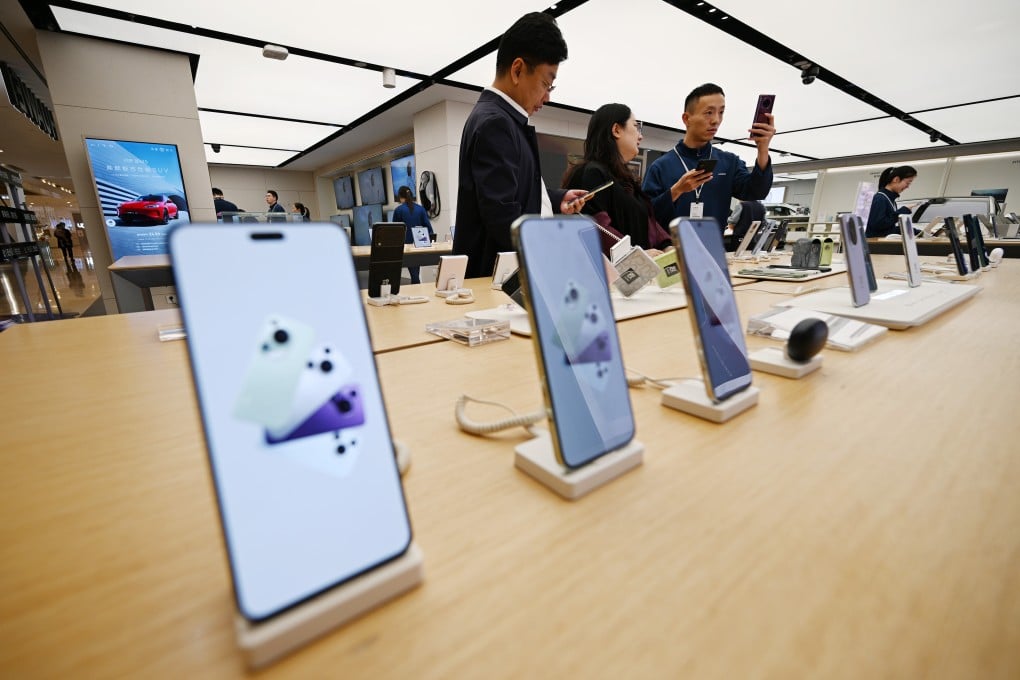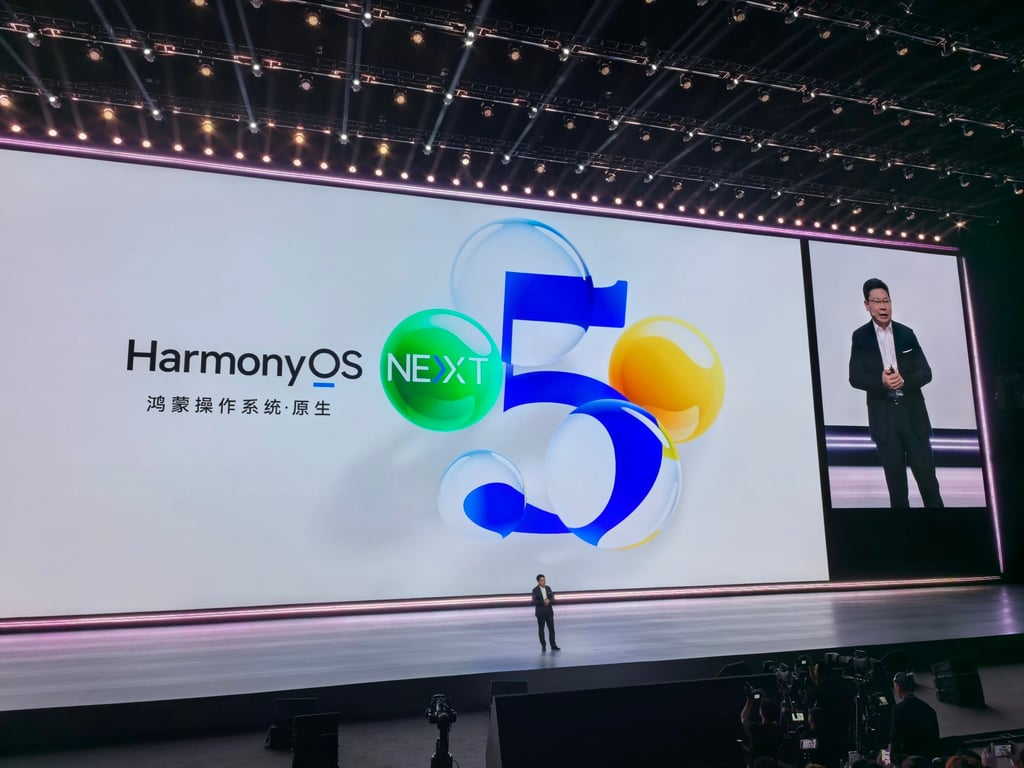Huawei aims for 100,000 apps on home-grown HarmonyOS Next as it gears up for Mate 70 launch
HarmonyOS Next, currently under a public beta period, had over 15,000 native apps and services as of October 22

“Having 100,000 applications is a symbol of maturity for the HarmonyOS ecosystem to meet consumer needs,” Eric Xu Zhijun, Huawei’s rotating chairman, said at a conference on Saturday. “This will be a key target for the ecosystem in the next six months to a year.”
While the most frequently-used 5,000 apps in the market are already on HarmonyOS Next, which Xu said makes the ecosystem “basically usable”, he noted there are still many low-frequency but essential apps that need to be built for the platform.
“We need more developers, partners and social forces to build together and promote HarmonyOS Next into the ‘capillaries’ of the app market,” Xu told the audience.

The current ecosystem has 18 categories of applications that cover the daily needs of consumers, including widely used social media apps like Tencent Holdings’ WeChat and ByteDance’s Douyin, and some civil services such as China’s official taxation app which will be available soon, according to Xu.
